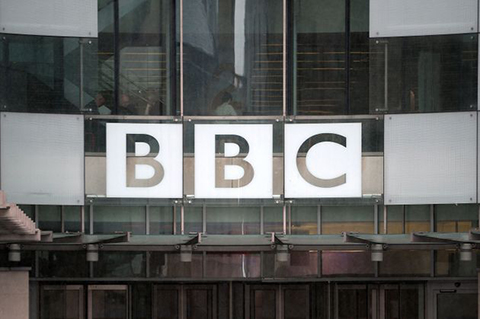Did not receive verification mail? Please confirm whether the mailbox is correct or not Re send mail

Vapor
- 2019-12-10 10:04:53
BBC ultimately successful in Russian “Top Gear” trademark saga

Trademark “Top Gear” was registered in Russia by the British Broadcasting Corporation (BBC) in 2015. Another trademark “TopGear” owned by a Russian company was registered in 2005 for similar services, but the Russian PTO did not find grounds for refusal, and registered BBC’s mark. The mark “TopGear” owned by the Russian entity was assigned to a Russian entrepreneur in 2016, who later also registered another mark “TopGear” for the same services in 2017.
Based on the application of the entrepreneur, the Russian PTO cancelled the “Top Gear” mark of BBC in 2018 on the ground of the existence of a similar mark with an earlier priority. The British company filed an appeal against the decision of the PTO with the Court for Intellectual Property arguing that the entrepreneur abused his trademark right. BBC also insisted that the only purpose of the assignment of the earlier mark and registration of a new trademark by the entrepreneur was to create an obstacle to BBC’s mark. The British company asked the Court that its trademark “Top Gear” should be maintained and also filed a cancellation application on non-use basis against the earlier mark of the entrepreneur. The Court upheld the cancellation decision of the Russian PTO and held that neither the argument of BBC on the abuse of right by the entrepreneur nor the cancellation of the earlier mark could affect the judgement. The details of the case were also described in the article “Battle for BBC Top Gear trademark in Russia” published on Lexology on July 23, 2019.
The Presidium of the Court for Intellectual Property as cassation instance reviewed the case and held that the Court of appeal should have duly considered the cancellation of the earlier mark owned by the entrepreneur and taken into account BBC’s position that the entrepreneur had abused his trademark right. The Court clarified that based on the circumstances of the case an application for cancellation of a trademark can amount to an abuse of right. The Court further held that not all evidence provided by the claimant and not all facts of the case had been duly assessed. The judgement of the Court of appeal was set aside, and the retrial of the case was ordered.
On October 28, 2019 the Presidium of the Court for Intellectual Property re-heard the case. The Court held that a cancellation action against a trademark constitutes a form of enforcement of the trademark right and could not have the only purpose of causing prejudice to another. The Court explained that the main aim of the trademark is to identify goods and services, and a trademark holder bears the obligation to use the mark. However, the mark “TopGear” was never used either by the Russian company that registered the mark “TopGear” or by the entrepreneur who purchased the mark, so the Court concluded that the entrepreneur had purchased the trademark with the earlier priority only with the aim of blocking the fair use of the “Top Gear” mark by BBC.
BBC, in its turn, provided abundant materials in support of its position, including showing that the “Top Gear” mark was used since 1977, that it identified a very popular TV program awarded Emmy and other international prizes, that the TV show had been run in most of countries and was protected in the name of BBC in numerous countries. BBC also referred to rulings in different jurisdictions, where the courts had held that a claim for protection of a trademark in the absence of real interest in using it in commerce, whilst another party used its mark in good faith, amounted to an abuse of the right of the trademark owner.
The Court furthermore found that the notoriety of BBC’s trademark had been attained prior to the date of purchase of the trademark by the entrepreneur, that the assignment of the trademark to the entrepreneur was made by a company in liquidation in the absence of intent to use the trademark, that the entrepreneur willfully cancelled its trademark, and that the entrepreneur had been found in other cases to have abused his rights. The Court was thus persuaded that the only aim of filing a cancellation application against BBC’s trademark by the entrepreneur was to cause harm.
As a result, the Court held that the purchase of the trademark and the cancellation application constituted an abuse of right by the entrepreneur aiming to block the fair use of the mark by BBC. Consequently, the Court held that the cancellation application should not have been granted, and invalidated the decision of the Russian PTO.
Source:www.lexology.com
Editor:Vapor
- I also said the two sentence
- Also you can enter 140words






